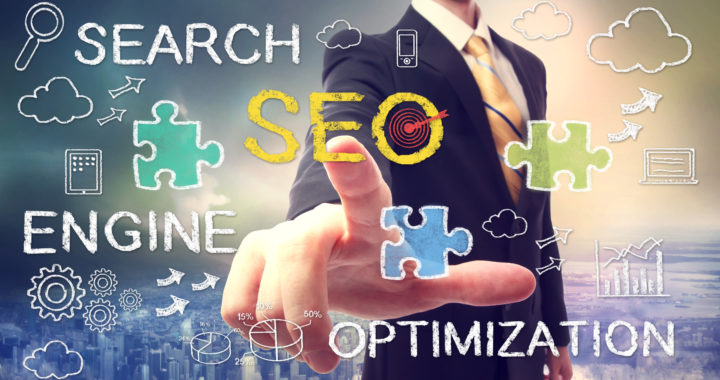What is SEO?
“SEO” stands for Search Engine Optimization, but what does that mean? “SEO” is the practice of increasing the quantity and quality of traffic to your website through organic search engine results. In other words, “SEO” involves making certain changes to your website design and content that make your site more attractive to a search engine. “SEO” is the process that organizations go through to help make sure that their site ranks high in the search engines for relevant keywords and phrases.
Why do you need SEO?
There are a lot of reasons to implement “SEO” for your website but here are the main ones.
- Organic Search Is Most Often the Primary Source of Website Traffic – Organic search is a huge part of most business’s website performance, as well as a critical component of the buyer funnel and ultimately getting users to complete a conversion or engagement. “Organic search” refers to unpaid search results. Being highly visible as a trusted resource by Google and other search engines is always going to work in a brand’s favor. Quality SEO and a high-quality website will take your company there.
- SEO Builds Trust & Credibility – The goal of any experienced SEO is to establish a strong foundation for a beautiful website with a clean, effective user experience that is easily discoverable in search with thanks to the trust and credibility of the brand and its digital properties. Many elements go into establishing authority regarding search engines like Google. But establishing that authority will do more for a brand than most, if not all, other digital optimizations. Problem is, it’s impossible to build trust and credibility overnight – just like real life. Authority is earned and built over time. Establishing a brand as an authority takes patience, effort, and commitment, but also relies on offering a valuable, quality product or service that allows customers to trust a brand.
- Good SEO Also Means a Better User Experience – Everyone wants better organic rankings and maximum visibility. Few realize that optimal user experience is a big part of getting there. Google has learned how to interpret a favorable or unfavorable user experience, and a positive user experience has become a pivotal element to a website’s success. Customers know what they want. If they can’t find it, there’s going to be a problem. And performance will suffer. Quality SEO incorporates a positive user experience, leveraging it to work in a brand’s favor.
- Local SEO Means Increased Engagement, Traffic & Conversions – With the rise and growing domination of mobile traffic, local search has become a fundamental part of small- and medium-sized businesses’ success. Local SEO aims at optimizing your digital properties for a specific vicinity, so people can find you quickly and easily, putting them one step closer to a transaction. Local optimizations focus on specific towns, cities, regions, and even states, to establish a viable medium for a brand’s messaging on a local level.
- SEO Impacts the Buying Cycle – Customers do their research. That’s one of the biggest advantages of the internet from a buyer perspective. Using SEO tactics to relay your messaging for good deals, groundbreaking products and/or services, and the importance and dependability of what you offer customers will be a game changer. It will also undoubtedly impact the buying cycle in a positive way when done right. Brands must be visible in the places people need them for a worthy connection to be made. Local SEO enhances that visibility and lets potential customers find the answers, and the businesses providing those answers.
- SEO Is Relatively Cheap – Sure, it costs money. All the best things do, right? But SEO is relatively cheap in the grand scheme of things, and the payoff will most likely be considerable in terms of a brand’s benefit and bottom line. This isn’t a marketing cost; this is a true business investment. Good SEO implementation will hold water for years to come. And, like most things in life, will only be better with the more attention (and investment) it gets.
- It’s Quantifiable – While SEO doesn’t offer the easier-to-calculate ROI like that of paid search, you can measure almost anything with proper tracking and analytics. Brands want to know and understand where they were, where they are, and where they’re going in terms of digital performance, especially for SEO when they have a person/company that is being paid to execute on its behalf. There’s no better way to show the success of SEO, either. We all know the data never lies.
In conclusion
If You’re Not on Page 1, You’re Not Winning the Click – It’s no secret in the world of SEO that if you’re not on Page 1, you’re likely not killing the organic search game. A recent study shows that the first three organic search ranking positions result in nearly 40 percent of all click-throughs, while up to 30 percent of all results on Page 1 and 2 don’t get clicked at all.
What’s this mean? Two things: If you’re not on Page 1, you need to be and there are still too many instances when a user types a search query and can’t find exactly what they are looking for.
We can help!
Adilas WP Shop is a plugin that allows you to bring your Adilas inventory directly into your WordPress site. This allows you to maximize SEO on your E-Commerce site. Read more about it here! Contact us today to discuss your E-Commerce and SEO needs.


